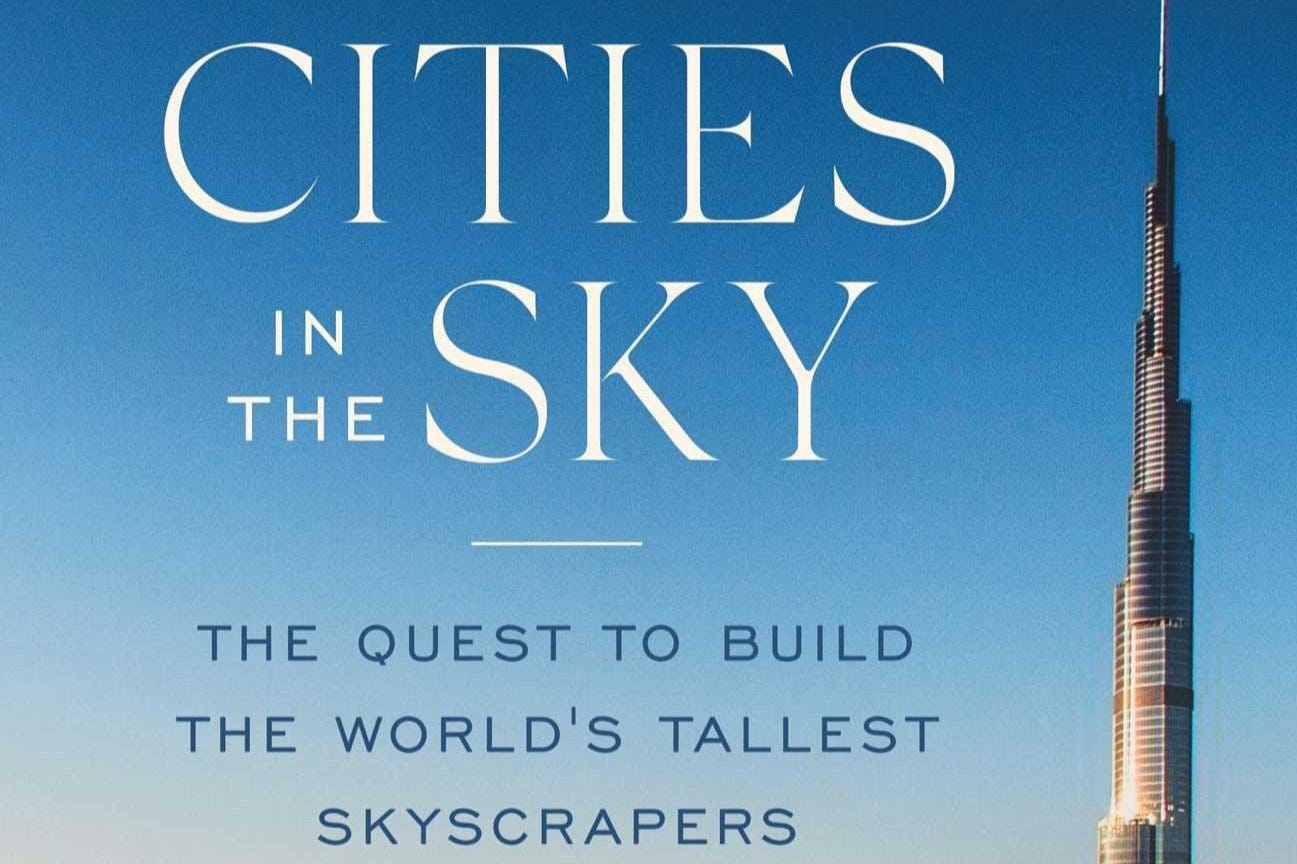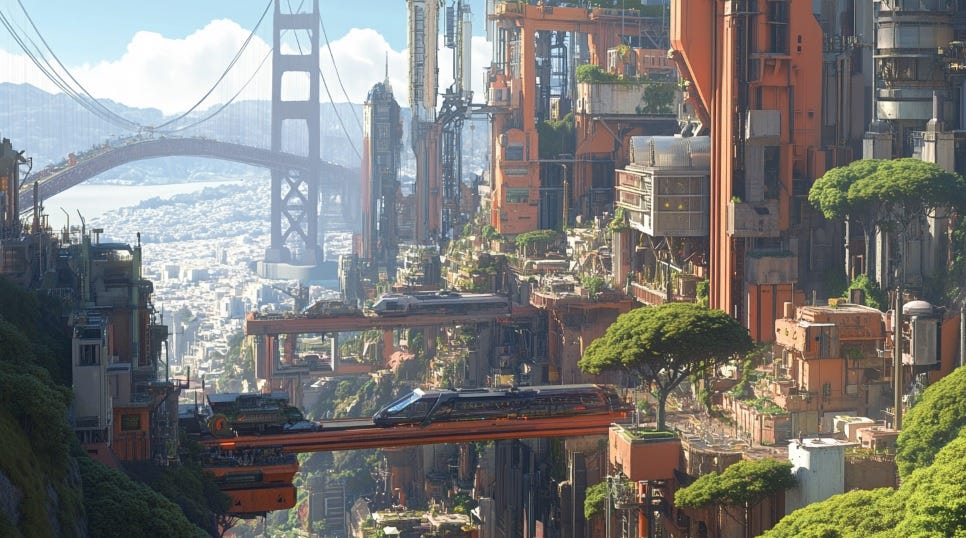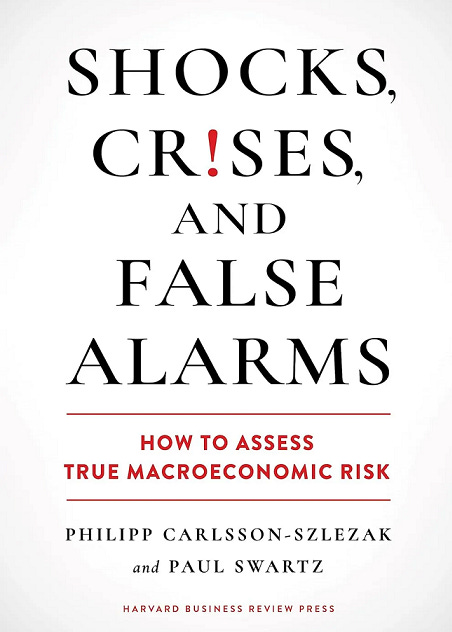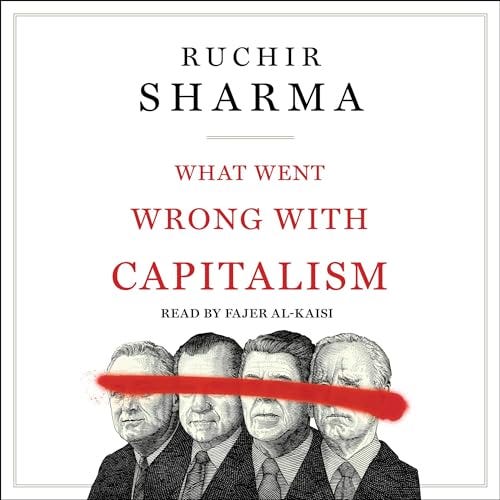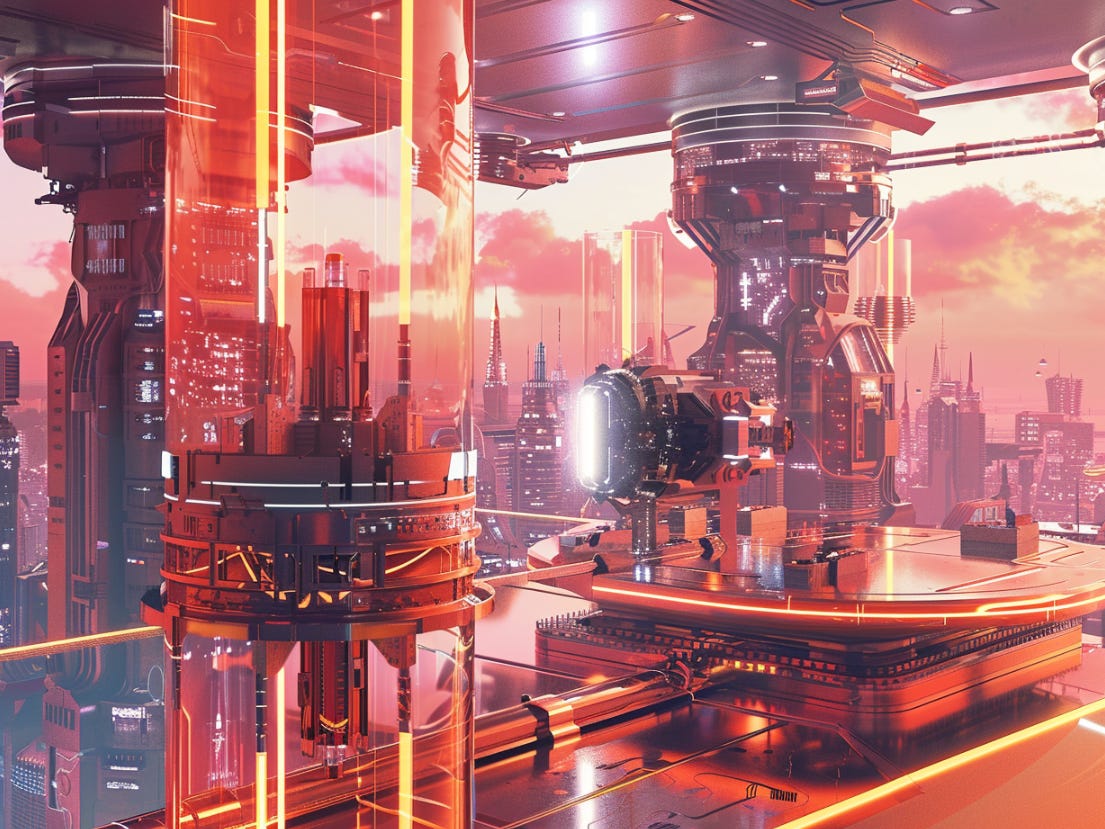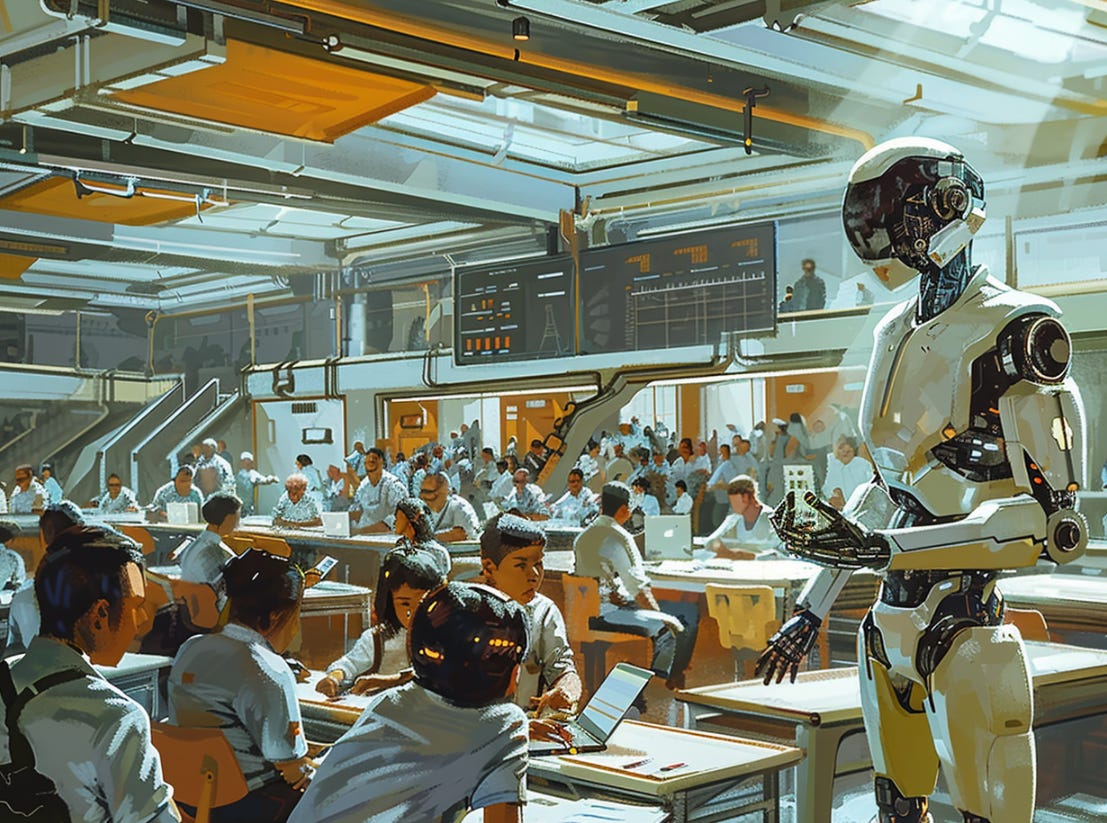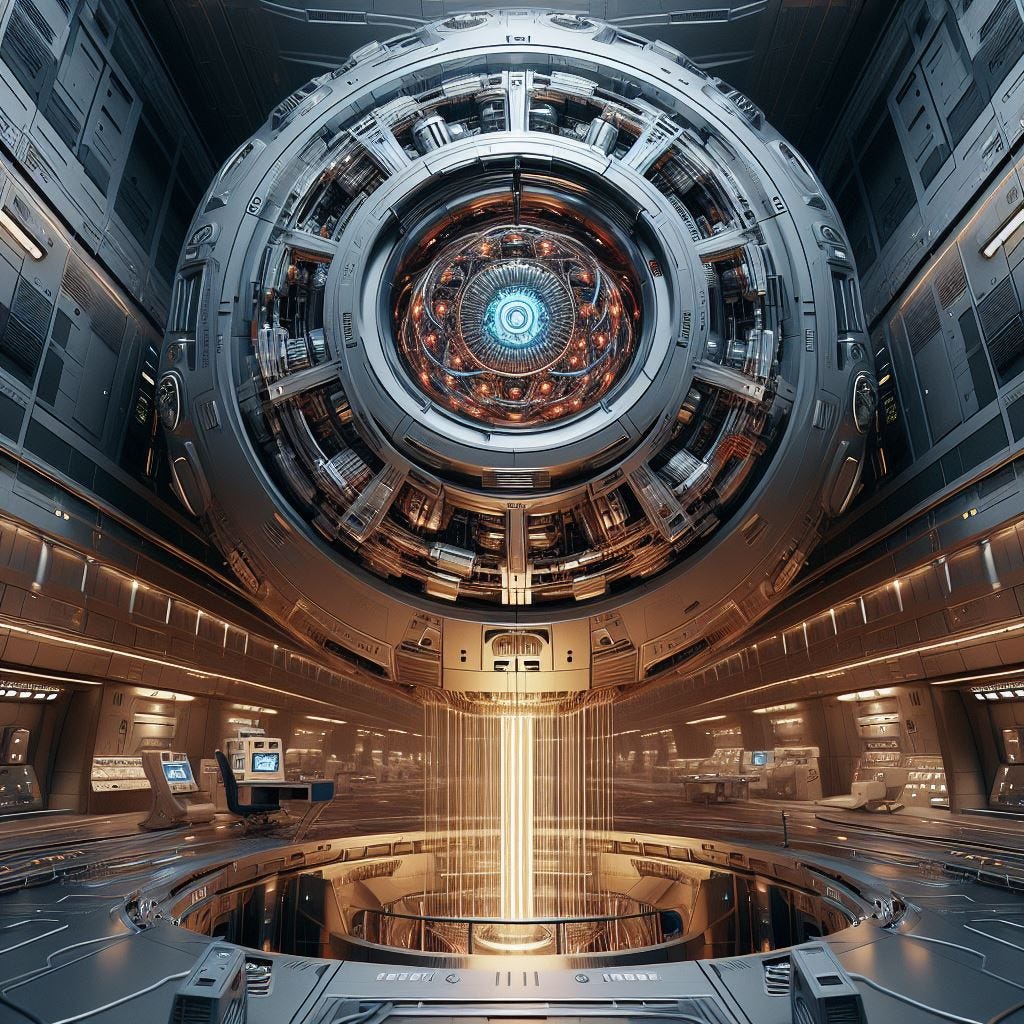🏙 My chat (+transcript) with ... economist Jason Barr on the skyscrapers of tomorrow
Description
The image of the skyscraper is the hallmark of the modern city. Futuristic depictions of urban landscapes nearly always feature towering structures high above the clouds. Today, however, developing countries seem to be putting the greatest effort into building the most impressive skyscrapers, from the Burj Khalifa in the UAE, to the future Jeddah Tower in Saudi Arabia. Whether you love them or hate them, it’s worth asking why we build skyscrapers and what their role will be in future cities. Today on Faster, Please! — The Podcast, I sit down with Jason Barr, author of Cities in the Sky: The Quest to Build the World’s Tallest Skyscrapers.
Barr is a professor of economics at Rutgers University – Newark, and is a member of the Rutgers Global Urban Systems PhD program. He is also the author of Building the Skyline: The Birth and Growth of Manhattan’s Skyscrapers.
In This Episode
* Demand for the skyscraper (1:35 )
* The end of the skyscraper (9:00 )
* Pillars of commerce (14:05 )
* The sky’s the limit (18:36 )
* Manhattan extension (23:04 )
* Trends and styles (24:23 )
Below is a lightly edited transcript of our conversation
The image of the skyscraper is the hallmark of the modern city. Futuristic depictions of urban landscapes nearly always feature towering structures high above the clouds. Today, however, developing countries seem to be putting the greatest effort into building the most impressive skyscrapers, from the Burj Khalifa in the UAE, to the future Jeddah Tower in Saudi Arabia. Whether you love them or hate them, it’s worth asking why we build skyscrapers and what their role will be in future cities. Today on Faster, Please! — The Podcast, I sit down with Jason Barr, author of Cities in the Sky: The Quest to Build the World’s Tallest Skyscrapers.
Barr is a professor of economics at Rutgers University – Newark, and is a member of the Rutgers Global Urban Systems PhD program. He is also the author of Building the Skyline: The Birth and Growth of Manhattan’s Skyscrapers.
Demand for the skyscraper (1:35 )
Pethokoukis: You obviously love skyscrapers, you're fascinated by them. You wrote a whole book on them. So I want to just start the very basic question: Why do skyscrapers fascinate you, and the people who aren't fascinated by them, what are they missing?
Barr: Great questions. Well, I grew up on Long Island, and so I was always really fascinated with Manhattan. I grew up in the ’70s, and so New York back then was a very dark, mysterious place for a youngster. So when I grew up, actually when I was in college, I started hanging out in the city. So to me, the skyline of Manhattan and New York City, they're just two sides of the same coin. I really developed an interest in tall buildings through my interest and fascination with Manhattan’s and New York City's history.
So when I came to Rutgers Newark, I just started doing research on tall buildings, especially in New York City: what was driving the heights of these buildings; there's all these interesting height cycles over the last 150 years. So I wrote my first book on the Manhattan skyline, that was called Building the Skyline, and then after that I thought, let's see what's happening around the rest of the world. So to me, the tall building is an interesting thing because it's part and parcel with urbanization, and I just personally don't think you could have one without the other.
I think some people might think that skyscrapers are, at least for rich countries, that they're kind of a 20th-century thing that we did as we were growing, and cities were getting bigger, and skyscrapers are a part of that, but now they're for other parts of the world, parts of the world which are still urbanizing, which are still getting richer. Are skyscrapers are still a thing for America?
The short answer is yes, but, given how dense cities are, tall buildings are just being added a lot more slowly. In New York, the population's kind of slowly growing, and so tall buildings are either replacing old buildings that are wearing out, or there's always this push by big global corporations to be in the newest and latest tall building. And obviously there's this international demand from people abroad to have an apartment — or national demand — global demand to have some kind of residential presence in New York. But the thing is, people in other countries: cities, planners, residents in other countries, they look to New York, they look to Chicago, and I think, for many of them, they see New York as something they want to emulate, and New York is, on just about almost any metric, it's probably the top global city. And so I think cities today, especially in China, and Asia more broadly, they're trying to kind of replicate that, what you might call “the Manhattan magic,” and I don't really think people in this country realize how much tall building construction is going on in other cities around the world. People in this country are a little bit more cynical about the role of the tall building in urban growth and in housing affordability and stuff like this, but other cities are basically going gangbusters, is a way to put it.
Is that driven by fundamental economic forces? Is it kind of a “national greatness” kinds of signaling projects? Are there fundamental reasons, not just to build skyscrapers, but to build very, very tall skyscrapers?
“All of the above” is the answer. Fundamentally, if there's many, many people who want to be working, living, playing in the center, the only way to accommodate the demand to be in the center is to make more land in the center, so the skyscraper, at its heart, is what I would say is “land in the sky.” You just go vertical because there's constraints on how much land there is in the center.
Having said that, definitely the skyscraper is seen as a kind of way to advertise, a way to increase confidence in the place, and so you boost foreign direct investment. Observatories are huge money makers, there’s a big tourism component. A lot of critics will say, “Oh, it's all about spectacle and ego.” But really, for the book, and just more broadly my research, when you drill down on the economics of these super tall buildings, not all of them are profitable or profit-maximizing, but they all have a strong economic rationale.
Now, I just also want to say, China has its own thing going on, which sort of compounds the skyscraper construction-building there because of their unique governance structure and land ownership structure, but China is building tall buildings because, at the end of the day, there's a kind of, what I call, a “tall building bling.” There's just something that says, “This city is growing, this city is drawing population.” So we build a tall building and we boost confidence in the city. And it works, really.
The pictures don't have to be too old, if you look at a picture of Shanghai, it looks a lot different not too long ago. It's almost as if a whole other city just kind of fell from the sky, a city of skyscrapers, and where there were once goats or something grazing, there's now a bunch of massive skyscrapers.
Yeah, absolutely, and there's a few reasons for this. One is, I think Chinese residents more broadly see tall building as a natural way to live. I've talked to many Chinese residents, whether it's Shanghai or other cities, and to them, to own an apartment in the sky is like the greatest thing. It's their equivalent of the single family home in the United States. Living in the clouds is something many people aspire to. The other aspect of it is, Shanghai, and the Pudong neighborhood in Shanghai, was chosen basically to become a financial hub. Basically, the leaders were looking at Hong Kong and they thought it was a, to quote, I forgot the author, but to quote him in the book, the Shanghai officials and the National Party officials saw Hong Kong as that frustratingly free city, and so they wanted to create a kind of a financial hub in Shanghai. And so the<a target="_blank" href="https://www.skyscrapercenter.com/building/shanghai-tower

